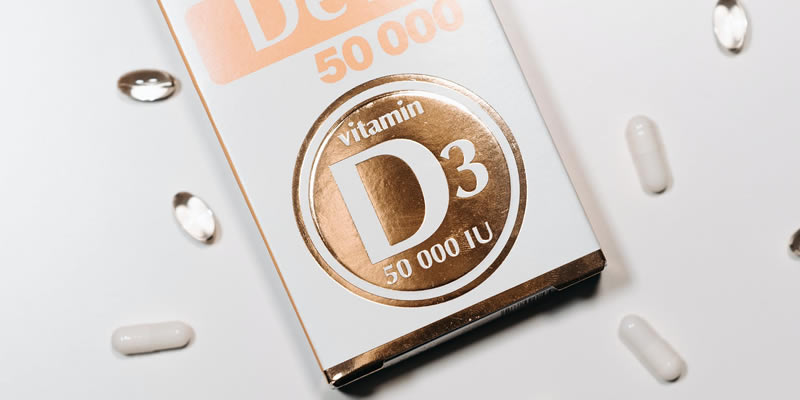Free Vitamin D supplements are to be given to more than 2.5 million vulnerable people in England this winter in a bid to stave off COVID-19.
The vitamin helps to keep bones, teeth and muscles healthy and is usually made when the skin is exposed to sunlight. But during the winter months, many people do not see enough daylight to receive the benefits.
- Vitamin D and Coronavirus
- Experts urge Government to add vitamin D to food to help aid COVID-19 battle
The pandemic has also meant many vulnerable people and those in care homes have spent more time indoors than they normally would.
The health secretary, Matt Hancock, said: “Because of the incredible sacrifices made by the British people to control the virus, many of us have spent more time indoors this year and could be deficient in Vitamin D.
“The government is taking action to ensure vulnerable individuals can access a free supply to last them through the darker winter months. This will support their general health, keep their bones and muscles healthy and crucially reduce the pressure on our NHS.”
Officials advise that everybody should take at least 10 micrograms of Vitamin D a day between October and March.
Despite the announcement, there is minimal research that associates Vitamin D with the prevention of COVID-19.
Nevertheless, all care homes in England are to receive supplements for all their residents and people on the clinically extremely vulnerable list will be invited to opt in via a letter.
Dr Alison Tedstone, chief nutritionist at Public Health England, said: “Vitamin D is important for our bone and muscle health. We advise that everyone, particularly the elderly, those who don’t get outside and those with dark skin, take a Vitamin D supplement containing 10 micrograms (400IU) every day.
- Trending in the community: Getting a flu jab
“This year, the advice is more important than ever with more people spending more time inside, which is why the government will be helping the clinically extremely vulnerable to get Vitamin D.”
Vitamin D can be found in some foods, including oily fish (salmon, sardines, herring), red meat, liver, egg yolks and can also be found in foods fortified with vitamin D.





